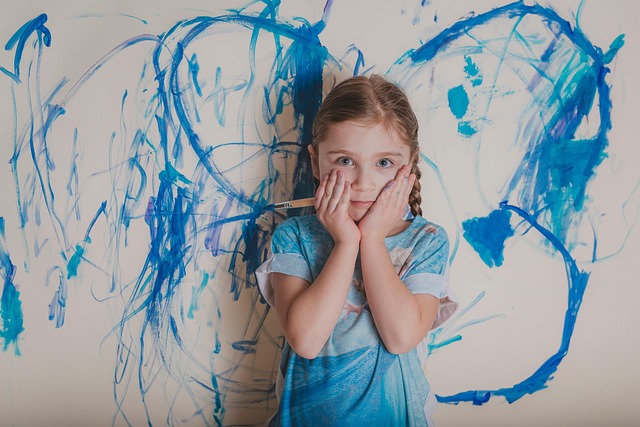The factor of confidence is critical to the development of any child and with children with autism, there could be a need to have some strategies and support for confidence-building efforts put on consciously, every day. Autism Spectrum Disorder (ASD) can affect a wide variety of aspects of communication, social interaction, and behavior and make certain everyday activities and social experiences appear frightening. However, with effective training, children with autism might acquire good life skills, which would promote their independence and self-esteem.
One of the things that might often be overruled as significant to the overall confidence and well-being of the child is the physical health of the child including nutrition. In the majority of cases, nutritional deficiencies can influence energy levels, concentration, and mood management. For example, children’s B12 supplements are frequently recommended by pediatricians for kids with autism, as B12 plays a vital role in brain function and neurological health. Even though no supplement can replace the need for therapy and practicing skills, the work on physical health will create a decent soil where confidence will be able to germinate.
Read more:
Creating a Supportive Routine
A routine or day plan ought to be created to reduce anxiety and feel more confident among children with autism. Children experience a greater sense of control when they know what to expect. To encourage independence the parents or caregivers can involve the child gradually in their daily activities of brushing their teeth, preparing snacks, or dressing up. Visual timetables or even a simple checklist can help children feel that they have accomplished something and form a concept of the day’s pace.
The more established the children are in these routines, the less they start to depend on others. The sense of self-affirmation is enhanced through the presencing of minor achievements: the ability to tie shoelaces or pack a school bag. Such irrelevant wins create a premise of larger wins and growing self-confidence.
Developing Social and Communication Skills
Children with autism tend to struggle with social interactions, but that does not mean that these kids cannot live a successful social life. With the help of modeling and assistance, the children will be given a chance to experiment with options of self-expression and reception of social data and creating substantial relationships. The use of role-playing games, speech therapy, and social stories is an exceptional way to describe how to respond to various events.
The development of self-esteem in social life is possible when the child feels accepted and understood. It will only take positive reinforcement and corrective feedback every day, after every encounter (a wave to a neighbor, a short talk to a classmate) to teach children to trust themselves and be prepared to initiate more contact.
Fostering Emotional Awareness
The ability to handle and understand emotions is a vital life skill that children with autism require. The majority of children with ASD feel strongly, but may not be capable of expressing their feelings. Deep breathing, sensory breaks, and labeling emotions are some of the strategies that will enable teaching emotional regulation, and all of them will enable the children to recognize their emotions and react to them appropriately.
It may also be helpful in the promotion of emotional expression, in the form of art, music, or journaling. These expressive resources help children to encounter the inner world securely and positively, and eventually, they will be able to have a more positive perception of themselves and develop emotional intelligence.
Conclusion
Confidence is not developed overnight, more so in autistic children. It is a prolonged process that entails habit, emotional support, good lifestyle habits, and learning skills. By addressing both the emotional and physical needs, such as ensuring a balanced diet with the support of children’s B12 supplements when needed, parents and caregivers can lay the groundwork for daily confidence.
Every child is supposed to feel capable and valuable. With the right tools, support, and love, children with autism can live, love, and flourish and acquire the confidence that will carry them throughout their lives.

